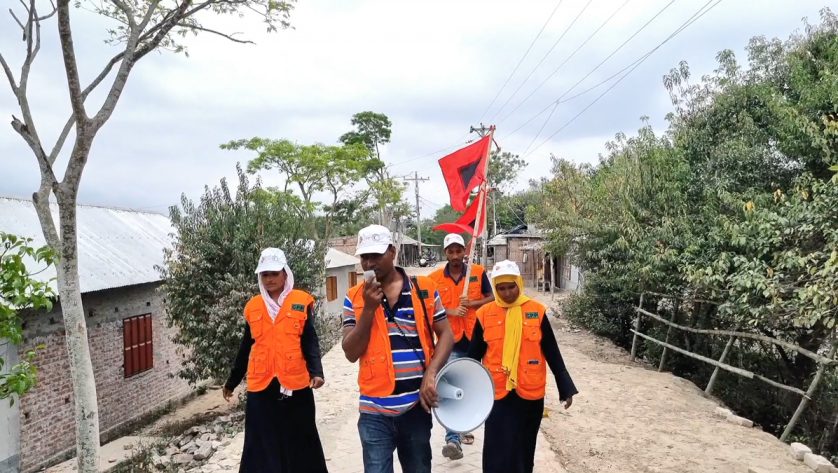The village of Chuicavioc, at the foot of the Santa Maria volcano in Guatemala, has all the appearances a ghost town. The houses and streets are empty, with only the occasional person or two walking around. The rest of the villagers have decided to migrate, in search of a better life. Among them were many young people and children who left their homes and families in search of opportunities outside of Guatemala.
“Migration, especially of an adolescent, is a problem that affects the whole family,” explains Silvia Escobar, director of the National Institute of Basic Education of the Chuicavioc village. For Escobar, who works daily with young people in the community, the phenomenon of migration has increased in recent years, especially in the case of adolescents who decide to make the journey. “Of all the boys who studied in this school class, only one graduated,” she says.
But what about those who remain in the community? “Not all of them have this opportunity to migrate, to achieve their dream,” says Susana López, a resident of the community. “When they get through, it’s a happiness for the family because it changes their lives. The children have better opportunities to study. On the other hand, when they don’t make it across, many lose their house, their land, or are left with nothing because they have to pay off the debt they acquired to travel to the United States.”
Juan Poyon, a Guatemalan Red Cross volunteer, regularly visits the Chuicavioc village to help those who have decided to stay. For him, raising awareness among the population about the risks of migration is fundamental. However, for those who remain in the community, the focus is on strengthening community resilience through health projects, support to local schools and the establishment of health commissions.
 Red Cross Red Crescent magazine
Red Cross Red Crescent magazine 
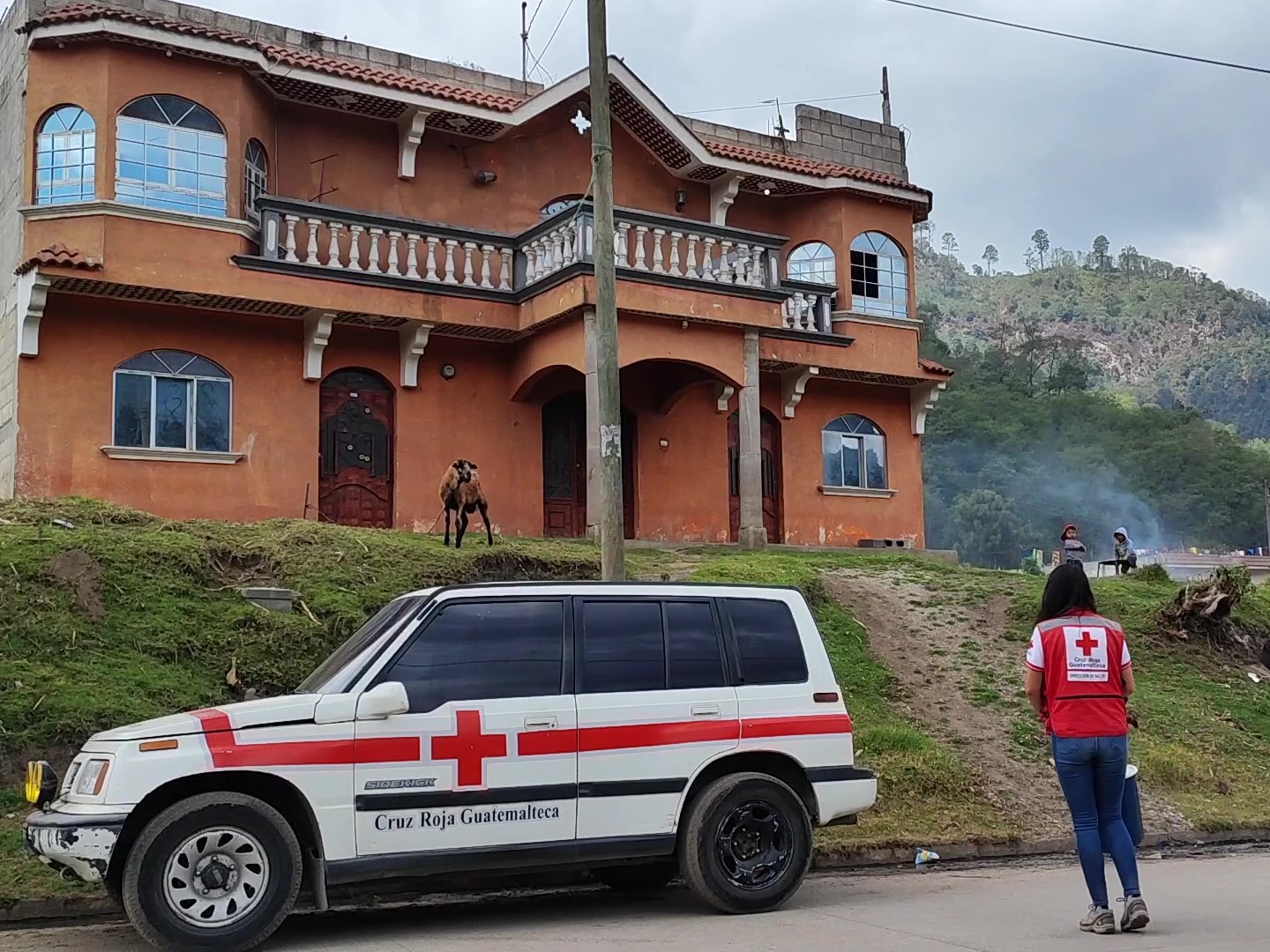
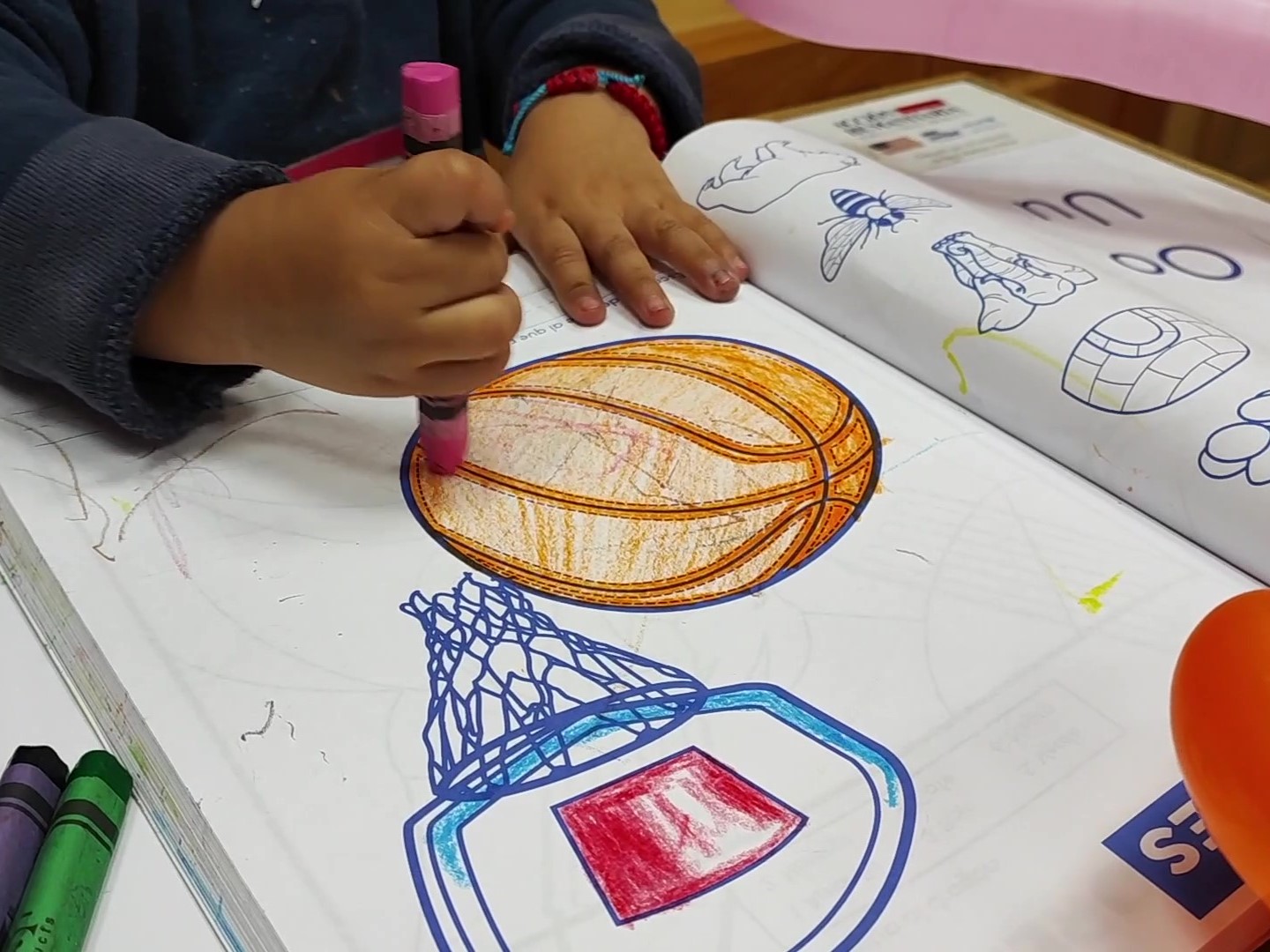
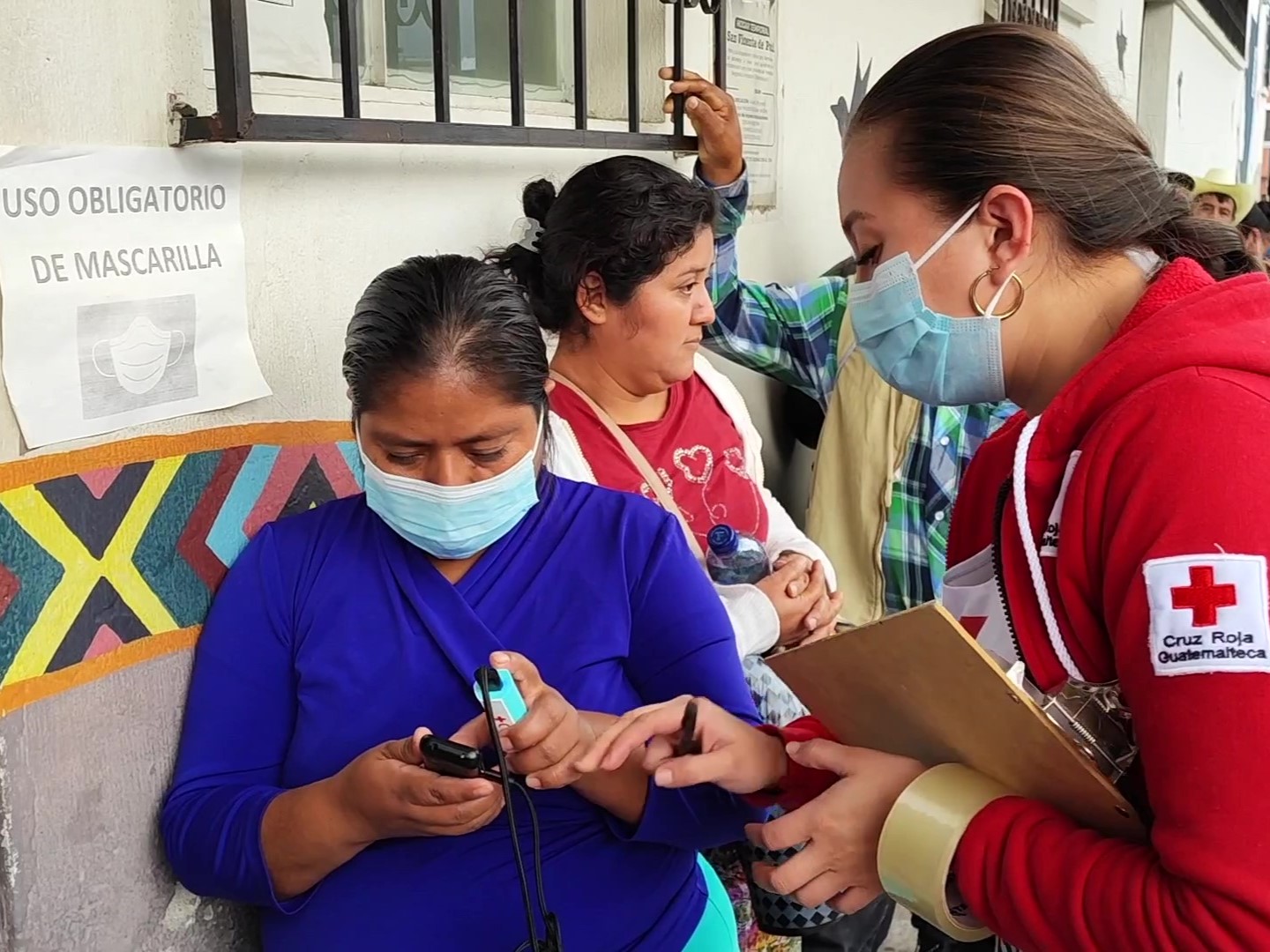
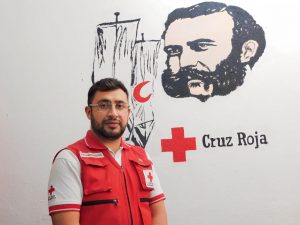






 Tech & Innovation
Tech & Innovation Climate Change
Climate Change Volunteers
Volunteers Health
Health